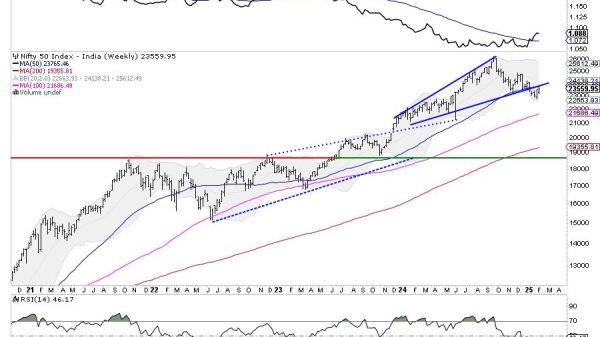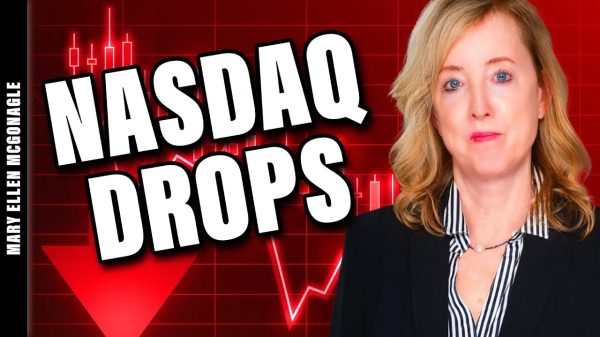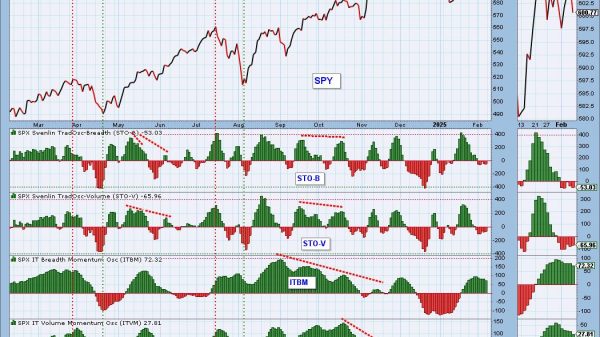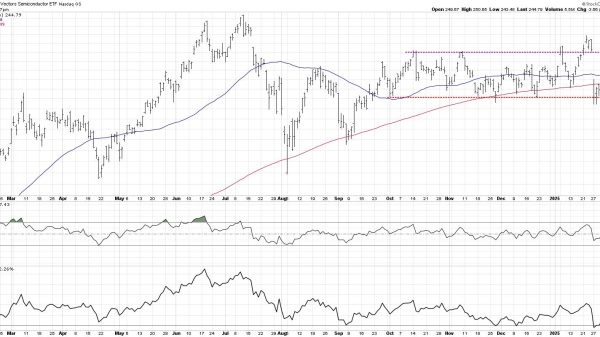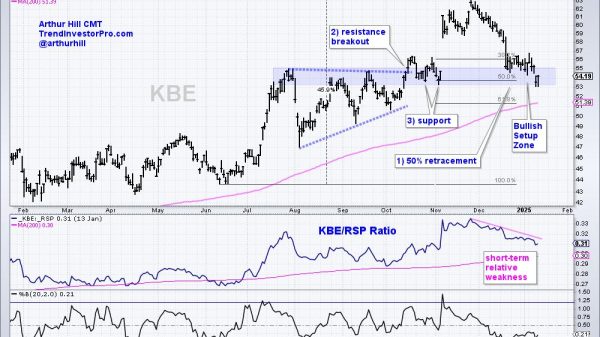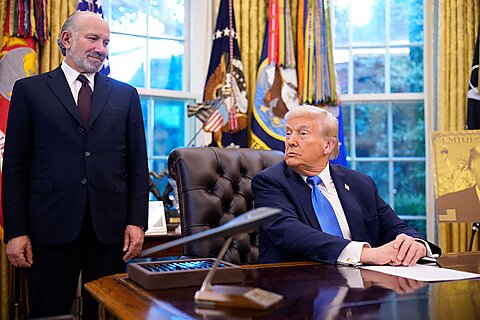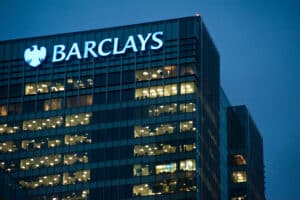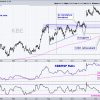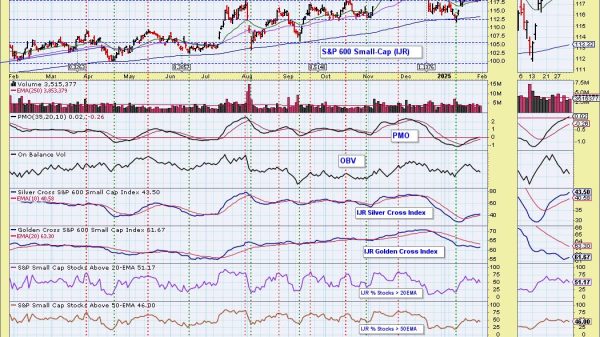
Barclays has revealed a £110 million loss tied to the collapse of Tricolor, a US subprime auto lender accused of fraud — an event now seen as a major warning sign for the $3 trillion private credit market.
The bank confirmed the impairment in its third-quarter results, which otherwise met expectations, showing pre-tax profits of £2.1 billion — down 7% year-on-year but broadly in line with analyst forecasts.
Chief executive C.S. Venkatakrishnan, known as Venkat, said Tricolor’s collapse “was not a surprise, the surprise was the fraud,” while acknowledging that “fraud is no excuse for us.”
The lender disclosed total private credit exposure of £20 billion, around 6% of its £346 billion loan book, with 70% of that exposure in the US.
Private credit — direct lending by non-bank institutions such as hedge funds and insurers — has exploded since the global financial crisis, as tougher banking regulations drove corporate borrowers toward alternative finance. But the recent bankruptcies of Tricolor and First Brands have sparked concerns about the hidden risks in the fast-growing but opaque market.
Barclays said most of its lending was to “experienced managers with a strong track record”, and that it had rejected an approach to fund First Brands because its analysts “didn’t see adequate support for the financial projections.”
Venkat told investors: “We run a very risk-controlled shop when it comes to this… but regulators should absolutely look at it and ask all banks about their exposures.”
His comments came after Andrew Bailey, Governor of the Bank of England, warned that “alarm bells” were ringing over private credit, calling it “a very open question” whether the recent US failures signalled deeper structural risks.
Despite the impairment, Barclays shares rose 4.9% to 382¼p after the bank announced a £500 million share buyback and raised its return-on-tangible-equity target to above 11% for 2025.
Venkat, midway through a three-year turnaround plan, said Barclays would move to regular quarterly buybacks and introduce new performance targets through 2028. Analysts at Bank of America said the results were “good at the underlying level”, though its investment banking division underperformed on trading revenues.
Barclays also revealed it has boosted provisions for motor finance mis-selling claims to £325 million, up from £90 million, in response to a proposed £11 billion consumer compensation scheme by the Financial Conduct Authority (FCA).
The bank said the larger provision reflected “the increased likelihood of a higher number of cases falling within scope”, but criticised the FCA’s approach, claiming it “does not accurately address actual loss… and does not achieve a proportionate outcome”.
Peers including Lloyds Banking Group and Close Brothers have also raised concerns, warning that the regulator’s framework could overstate the scale of potential wrongdoing.
The FCA’s redress scheme stems from the industry’s failure to disclose commission payments to car dealers arranging vehicle finance — an issue that could affect up to 14 million agreements between 2007 and 2023.
While Barclays described the redress costs as “not a significant financial issue”, the twin pressures of private credit exposure and regulatory scrutiny are likely to remain key investor concerns in the months ahead.
As private markets continue to blur the boundaries between traditional and alternative finance, analysts say Tricolor’s collapse may prove an early stress test for banks’ involvement in the sector — and a catalyst for tighter oversight of shadow lending.
Read more:
Barclays takes £110m hit from collapse of US subprime lender as private credit risks grow






